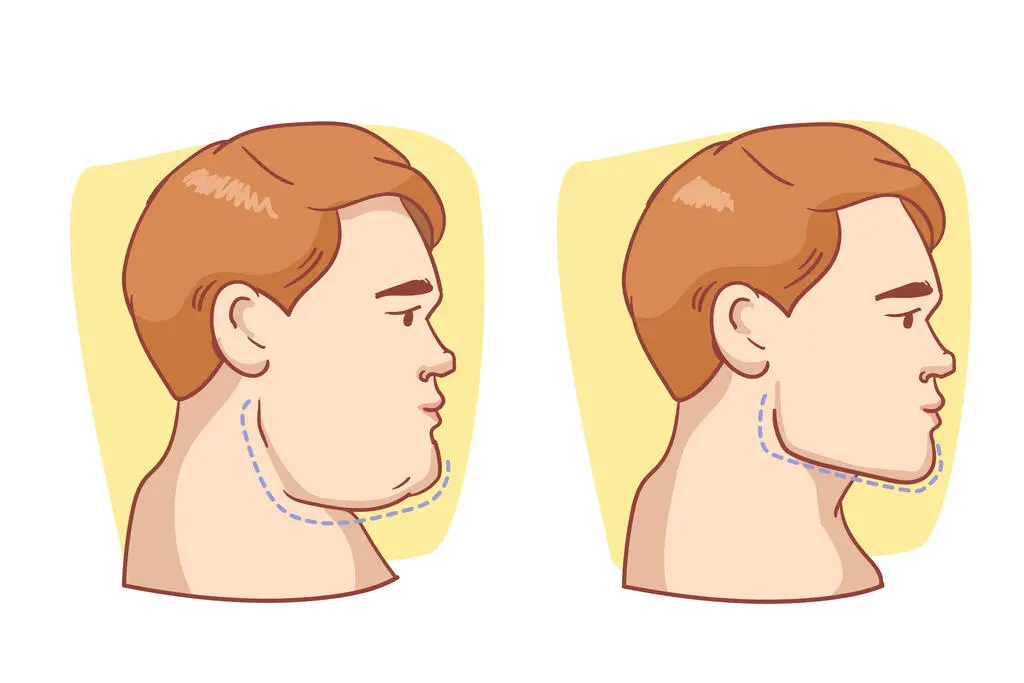In today’s fast-paced and demanding lives, it’s easy to overlook the importance of a good night’s sleep. Yet, the impact of quality sleep on our overall health and well-being cannot be overstated. Sleep is not merely a period of rest; it is an important physiological process that plays a very important essential role in maintaining physical health, cognitive function, and emotional well-being.
In today’s blog post, we will explore the power of sleep, delve into its various health benefits, and provide practical tips to ensure a restful night.
The Science Behind Sleep
Before we read the tips for a restful night, let’s briefly understand the science behind sleep. Sleep is a complex and dynamic process that involves different stages, each serving specific functions.
The two main types of sleep are REM (rapid eye movement) and non-REM sleep. During REM sleep, our brains are highly active, and this is when most dreaming occurs. Non-REM sleep, on the other hand, is divided into three stages, each contributing to different aspects of physical and mental restoration.
During the night, our bodies cycle through these stages multiple times. The entire sleep cycle is crucial for various functions, including memory consolidation, hormone regulation, and overall cellular repair. Disrupting this cycle, whether through insufficient sleep or poor sleep quality, can have profound implications for our health.
The Health Benefits of Quality Sleep
Cognitive Function: Adequate sleep is essential for optimal cognitive function. It enhances attention, problem-solving skills, and creativity. Sleep deprivation, on the other hand, can lead to impaired judgment, slower reaction times, and difficulty concentrating.
Emotional Well-being: A good night’s sleep is closely linked to emotional well-being. Chronic sleep deprivation is associated with an increased risk of mood disorders such as anxiety and depression. Sleep plays a crucial role in emotional regulation, helping us cope with stress and maintain a positive outlook.
Physical Health: The impact of sleep on physical health is extensive. It plays a key role in immune function, metabolism, and cardiovascular health. Sleep deficiency has been linked to an increased risk of chronic conditions such as obesity, diabetes, and heart disease.
Memory Consolidation: Sleep is essential for memory consolidation, the process by which our brains convert short-term memories into long-term ones. This is crucial for learning and retaining information.
Hormone Regulation: Sleep is intricately connected to hormonal balance. It affects the release of hormones that regulate appetite, stress, and growth. Disrupting the sleep-wake cycle can lead to imbalances in these hormones, contributing to weight gain, increased stress, and stunted growth in children.
Tips for a Restful Night
Now that we understand the significance of sleep for our health, let’s explore some practical tips to ensure a restful night:
1. Establish a Consistent Sleep Schedule: Go to bed and wake up at the same time every day, even on weekends. This helps regulate your body’s internal clock, promoting better sleep quality.
2. Create a Relaxing Bedtime Routine: Engage in calming activities before bedtime, such as reading a book, taking a warm bath, or practicing relaxation exercises. Avoid stimulating activities like watching TV or using electronic devices, as the blue light emitted can interfere with the production of the sleep-inducing hormone melatonin.
3. Optimize Your Sleep Environment: Make your bedroom conducive to sleep by keeping it dark, quiet, and cool. Invest in a comfortable mattress and pillows to support a good night’s sleep.
4. Limit Stimulants: Avoid consuming caffeine and nicotine close to bedtime, as these stimulants can interfere with your ability to fall asleep. Also, be mindful of your alcohol intake, as while it may initially induce drowsiness, it can disrupt the later stages of sleep.
5. Exercise Regularly: Engaging in regular physical activity can contribute to better sleep. However, try to complete your workout at least a few hours before bedtime, as exercising too close to bedtime may have the opposite effect.
6. Watch Your Diet: Be mindful of your eating habits, especially in the evening. Avoid heavy meals close to bedtime, and consider a light, sleep-promoting snack if you’re hungry.
7. Manage Stress: Practice stress-reducing techniques such as meditation, deep breathing, or yoga to help calm your mind and prepare it for sleep.
8. Limit Naps: While short naps can be rejuvenating, long or irregular napping during the day can interfere with nighttime sleep. If you need to nap, keep it short (20-30 minutes) and earlier in the day.
Final Words:
In conclusion, recognizing the power of sleep is the first step towards prioritizing our well-being. Quality sleep is not a luxury but a necessity for overall health and vitality. By understanding the science behind sleep and implementing practical tips for a restful night, we can unlock the numerous benefits that come with a good night’s sleep. Make sleep a priority, and you’ll likely find yourself not only feeling more refreshed each morning but also enjoying improved physical and mental health in the long run.
At Fits alert, we help individuals stay healthy while getting tips and information from our blogs! So, stay tuned with us and keep your health up to date!

















